Auditor
Becoming a Home Performance Auditor
Professional-technical careers that support communities and a clean energy future.
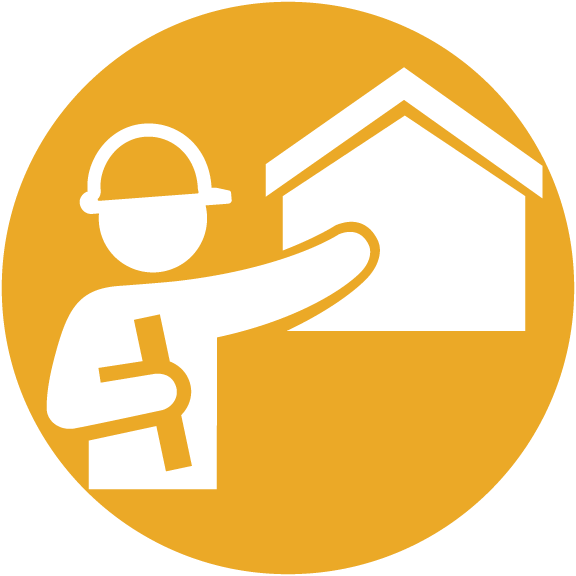
A home performance Auditor is a specialized consultant who helps assess and improve the energy efficiency of residential buildings. This career is highly technical, requiring knowledge of building science and the use of specialized equipment, analyses of energy systems and data, and regular interactions with other technical professionals, work colleagues and occupants. This Career Briefer describes the opportunities, pathways and requirements to becoming a skilled residential energy auditor.
The Industry
Homes and buildings account for around 40% of all energy used in the U.S. and they generate a similar proportion of greenhouse gas emissions.[1] In the race to drive down energy use and reduce emissions, the home performance industry deploys a wide range of strategies: applying highly-efficient building and home designs; advanced construction and retrofitting techniques; and using energy efficient technology and systems to reduce energy consumption and decrease costs to home owners and renters.
In the U.S. more than 2.3 million people work some or all of their time on building energy efficiency technologies and services.[2] In Washington, there are around 65 thousand efficiency jobs, and the sector is slated to grow by 2,300 jobs in 2022 (4.1%).[3] More than half of all energy efficiency jobs are in construction, where one in every five jobs deal with products and services proven to save energy.
Home performance and efficiency also addresses the need for greater social and economic justice. Providing direct services to improve livability and reduce energy burden for low-income occupants, communities of color and other underserved populations helps reduce the costs to these individuals and families, who typically spend a disproportionate amount of their incomes on home energy. By reducing harmful emissions and improving air quality, home performance projects can also enhance occupant health and safety, and contribute to overall comfort.
The Job
A home performance Auditor acts as a consultant who helps assess and improve the energy efficiency of residential buildings. Auditors function as a building inspector who focuses specifically on identifying energy efficiency improvements. They provide homeowners with specific and actionable recommendations to improve the home’s level of energy efficiency, increase occupant comfort, support health and safety, and reduce utility costs. Residential energy auditors also assess a site for additional health and safety concerns including, but not limited to, moisture, mold, and asbestos.[4] Responsibilities include using visual inspection techniques, doing data analysis, and using tools such as auditing software programs, blower door testing, thermal imaging, and duct blasters to look for signs of energy waste, leakage, and safety issues. Auditors usually inspect the entire building, including internal and external features, to collect data and determine what changes might best improve residential performance. Auditors then provide recommendations to remedy the problems that are found, starting with those that are of greatest concern and can be resolved using options that are cost-effective for the occupant.
The work of a skilled Auditor is diverse and multi-faceted. In addition to requiring solid technical skills, the work typically includes interacting with others individually and in teams, collaborating on projects with colleagues, energy efficiency contractors, and interfacing directly with building and home-owners and occupants. That means having good social, listening and problem-solving skills are also important. The position tends to involve a lot of field work and some travel, since auditors typically conduct on-site residential building inspections as well as collecting and analyzing energy use data from utility bills and other records. Energy auditors need to exercise tact and people skills when introducing and explaining the auditing process, and in sharing details about the audit findings and recommendations.
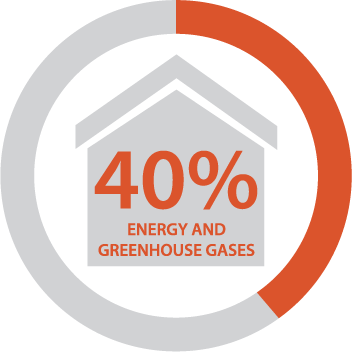
Homes and buildings account for around 40% of all energy used in the U.S. and they generate a similar proportion of greenhouse gas emissions.
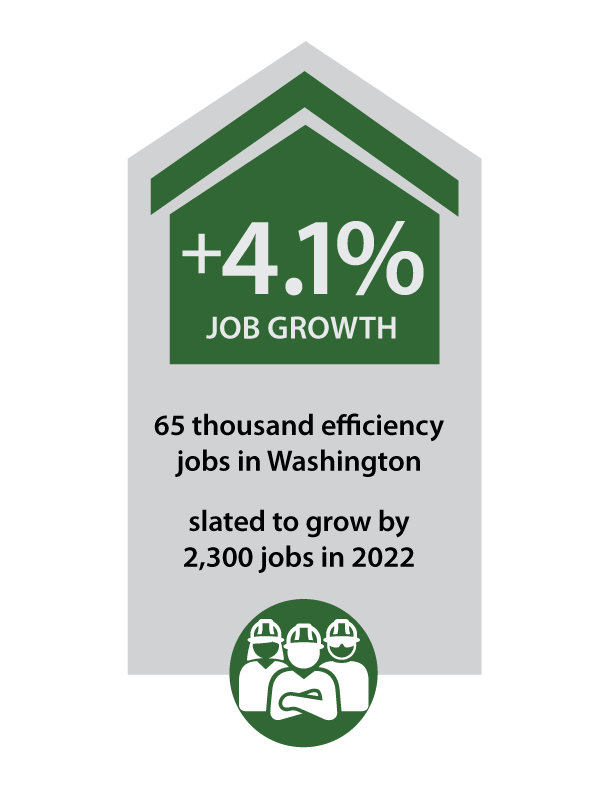
In Washington, there are around 65 thousand efficiency jobs, and the sector is slated to grow by 2,300 jobs in 2022 (4.1%).

Wage data for Washington shows annual earnings for an energy auditor can range from under $50,000 to $104,000 or above.
Pay and Benefits
Wage data for Washington shows annual earnings for an energy auditor can range from under $50,000 to $104,000 or above, depending on experience, job sector and employer.[5] Recent compensation data for public-sector residential energy auditors in Washington show that auditors employed by regional community action agencies that operate low-income weatherization programs earned an average hourly wage of $24.50 ($50,960 annually) in 2021.[6] Regular employees also receive health care and retirement benefits. Auditor pay and benefits generally increase with experience, and total compensation offered by private-sector employers is often higher than public-sector employers.
Interests and Traits
Energy auditors typically have an interest in environmental and conservation issues. They are usually detail-oriented and organized, and like working in a structured environment. They also tend to be natural leaders who thrive at influencing and persuading others. They are skillful interpersonal communicators and enjoy working directly with others; a skill that comes in handy as much of their time is spent working directly with clients and other professionals in the field, investigating, writing and communicating their findings through formal written reports and verbally. While auditing work includes data analysis and writing tasks done in office environments, much of the work happens on-site and includes physical effort and tasks, including the use of specialized equipment and common hand tools, often in tight spaces. The job requires good problem solving and deductive reasoning skills, working persistently and methodically to identify the best solutions and options to recommend to clients.
Education and Training
Auditor careers have entry points at many different levels of education and experience, but for most employers 1-3 years of related experience and some college, a two-year degree or completion of an apprenticeship in a technical-vocational area or trade is usually preferred. Industry certifications such as BPI Building Analyst or Energy Auditor, or the RESNET-HERS Rater certification also gives auditor job seekers a competitive advantage; for some employers these or related certifications are expected or required.[7]
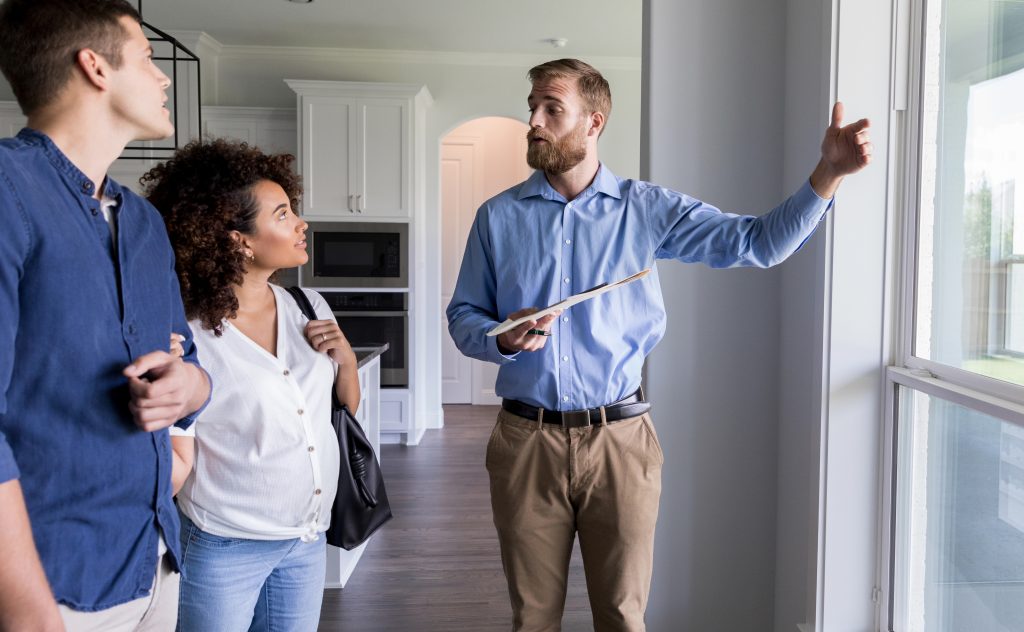
Auditors are skillful interpersonal communicators and enjoy working directly with others. Much of their time is spent working directly with clients and other professionals in the field, investigating, writing and communicating their findings…
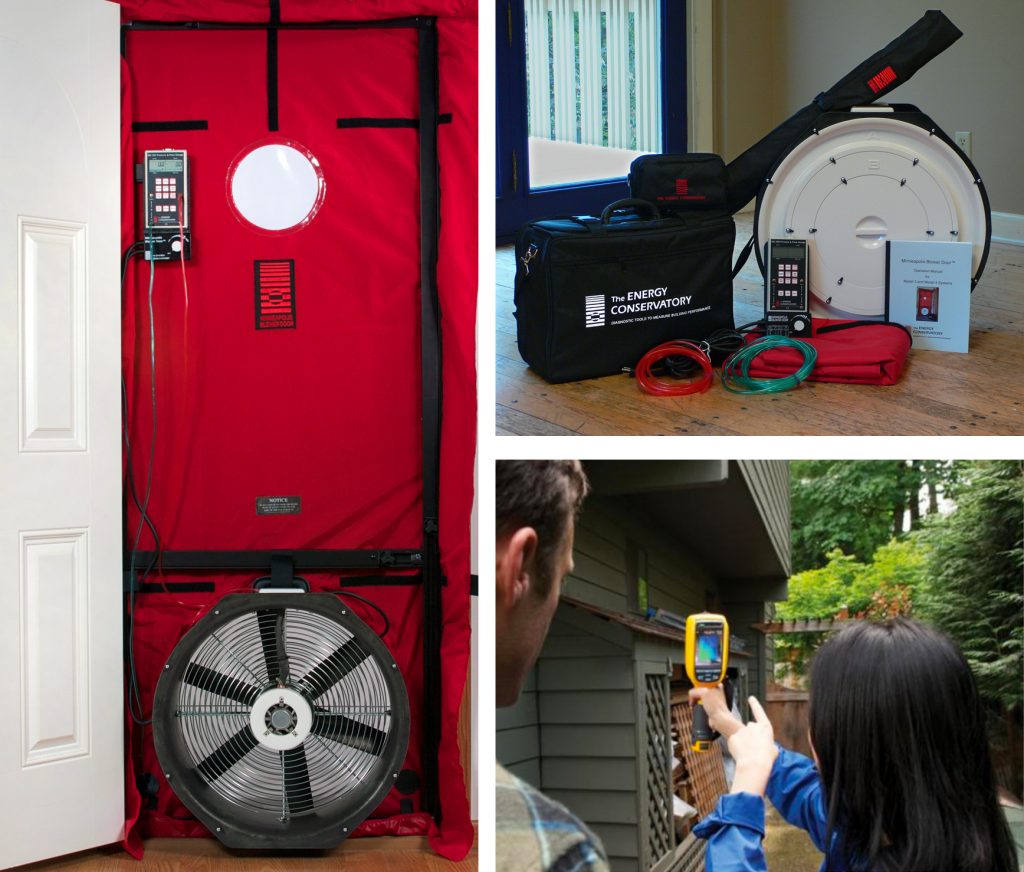
For skilled auditors, multiple career pathways for advancement exist among the different sectors that make up the building and home performance industry.
A highly interactive tool that explores an industry exploding with job opportunities across four major sectors of the green buildings and energy efficiency industry.
Employers
Typical employers of Auditors include government agencies, electric and gas utilities, local non-profit organizations, engineering and environmental consulting firms, property management firms, and thousands of private-sector companies that perform technical work and provide related services and administrative support. Home performance employers typically work together as part of a network of energy efficiency specialists to provide services across the U.S. and in every region of the state. Washington’s low-income weatherization program, for example, is administered by the state and operates through local governments, non-profit agencies and utility partners, who use federal and state funds to deliver efficiency services to low-income individuals and families who are unable to afford these services on their own. Auditors and auditing skills play a key role throughout the weatherization program cycle.
Career Opportunity and Mobility
It is common for new energy auditors to begin their careers by working for two to three years under the supervision of an experienced energy auditor. The amount of supervised hours that are expected or required of a trainee may be lower for those with more educational credentials. For skilled auditors, multiple career pathways for advancement exist among the different sectors that make up the building and home performance industry. That’s because the knowledge and skills learned through education, training programs and experience in the workplace are largely transferrable to different sectors and jobs across the industry. The transferability of auditor skills can be direct or may serve as a stepping stone to related careers, and can result in employment with public or private-sector employers, or as a self-employed consultant or contractor.[8]
How to find out more about the home performance industry, the auditor occupation and related career opportunities:
Resources | Green Buildings Career Map
Building Performance Center – A department of Opportunity Council
Building Performance Institute, Inc. | (bpi.org)
Careers in Green Construction: U.S. Bureau of Labor Statistics (bls.gov)
Explore Careers in Weatherization | Department of Energy
EERE_WAP_Fact-Sheet-v2.pdf (nascsp.org)
Occupation Profile for for Energy Auditors | CareerOneStop
Career Maps – Interstate Renewable Energy Council (IREC) (irecusa.org)
[1] In Washington, buildings currently represent approximately one-fifth of state greenhouse gas emissions, mainly from the direct combustion of natural gas and other fossil fuels in buildings for space heating, water heating and cooking. See: WA_2021SES_Chapter-D-Buildings.pdf
[2] See: 2020 U.S. Energy & Employment Report.
[3] See: https://www.energy.gov/sites/default/files/2021-07/USEER%202021%20State%20Reports.pdf
[4] Residential Energy Auditor | Green Buildings Career Map
[5] Washington Wages: 47-4011.01 – Energy Auditors (onetonline.org)
[6] Weatherization Wage Dashboard 2021 | Tableau Public
[7] See: http://www.bpi.org/certified-professionals/energy-auditor. Also: https://www.resnet.us/raters/hers-raters/
[8] See: The Green Buildings Career Map, Interstate Renewable Energy Council, Career Maps – Interstate Renewable Energy Council (IREC) (irecusa.org)

